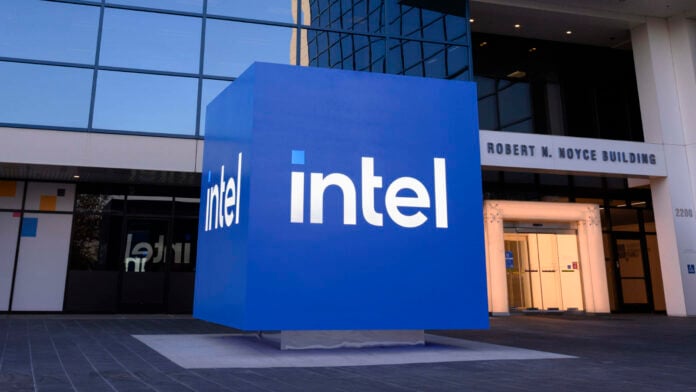02/08/2024: Intel has officially announced it’s reducing its workforce by around 15%. We’ve updated the piece to reflect these developments.
It’s no secret that Intel is largely on the back foot in terms of cash and chips. After years of financial and market share decline, it is now slashing its workforce to cut costs. The number of jobs affected is estimated to be 15,000 or around 15% of the company’s global workforce.
Once the unquestionable manufacturer of the best CPUs on the market, the Intel of today finds itself in a difficult position. Efforts to diversify its manufacturing practices and product portfolio simply haven’t materialised into meaningful profits. Unfortunately, employees will now pay the price of these circumstances.
In a press release on August 1, 2024, CEO Pat Gelsinger confirmed Intel will reduce its workforce by around 15% by the end of the year. This is in an effort to save $10 billion in 2025, which will prove all the more necessary after the company’s Q2 2024 financial report.
During Gelsinger’s tenure as CEO, starting February 15, 2021, Intel stock prices have almost halved from around $57 to just over $29 at the time of writing. This isn’t a huge surprise, given the company’s annual revenue has fallen year-on-year from the end of 2021 onwards.
To Gelsinger’s credit, part of the reason for the company’s bleak financials is due to the huge swathes of cash invested in creating new foundries across the United States. Intel hopes these efforts will see it become the global factory for AI, but how quickly it can realise this potential (if ever) is anyone’s guess. There are still plenty of super loads to transport across the country before any plant opens its doors.
Intel still enjoys a healthy lead in terms of market share, but demand for AMD Ryzen and Epyc CPUs continues to rise. Team Blue faces many challenges across the board, but particularly in the consumer market. Unresolved Raptor Lake instabilities are damaging processors and customer confidence alike, potentially affecting the success of Arrow Lake too.
Job losses won’t solve these long-term problems, serving as a bandage at best for its short-term financials. Not reflected in the penny-pinching is the value of affected employees’ talents. I wish everyone at Intel, both past and present, the very best.

